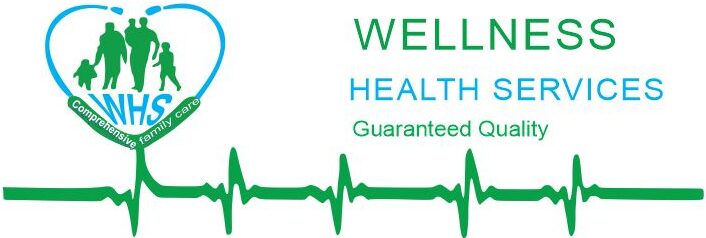If your gut could speak, it might whisper the secrets to your mood, immunity, energy — even the way you think.
That strange brain fog. The stubborn fatigue. The unpredictable mood swings. What if they’re not all “in your head”?
What if they’re in your gut?
For decades, digestion was treated as a simple mechanical process — food goes in, nutrients are absorbed, waste goes out. But modern science tells a far more profound story: your gut is the command center for your entire body.
🧠 Your Gut is Your Second Brain
Ever had a “gut feeling”? That’s more than a figure of speech. Your gut contains over 100 million neurons — more than the spinal cord — and communicates constantly with your brain via the gut-brain axis (Gershon, 1998).
This connection affects:
- Mood & mental health: 90% of your serotonin — the “feel good” hormone — is produced in the gut.
- Stress response: An imbalanced gut microbiome can heighten anxiety and trigger inflammation in the brain.
- Cognitive clarity: Research links gut dysbiosis with brain fog, memory lapses, and even neurodegenerative conditions (Cryan et al., 2019).
🛡️ Gut Health = Immune Health
Up to 70% of your immune system lives in the gut.
That means:
- A healthy gut strengthens your defenses against infections.
- An inflamed or leaky gut can trigger autoimmune diseases, allergies, or chronic inflammation.
- A diverse gut microbiome trains your immune cells to fight the bad and tolerate the good.
📌 Fun Fact: Antibiotic overuse and ultra-processed diets can wipe out good gut bacteria, leaving your immune system vulnerable.
⚖️ Your Weight, Skin, Energy & Hormones — All Begin in the Gut
An imbalanced gut microbiome is linked to:
- Obesity and insulin resistance (Turnbaugh et al., 2006)
- Fatigue and sluggish metabolism
- Acne, eczema, and rosacea (Bowe & Logan, 2011)
- Hormonal imbalances, including PCOS and thyroid issues
Think of your gut like a soil bed. When it’s rich and healthy, everything planted in it — your metabolism, mood, energy, skin — thrives.
🚨 Signs Your Gut Needs Help
- Bloating, gas, or irregular bowels
- Constant sugar cravings
- Skin breakouts or rashes
- Brain fog or mood swings
- Unexplained weight gain or fatigue
If you tick 2 or more of these, it might be time for a gut reset.
🌿 5 Ways to Heal and Nurture Your Gut
- Eat More Fermented Foods
Yogurt, kefir, sauerkraut, kimchi, and kombucha introduce healthy bacteria into your system. - Feed Your Good Bacteria (Prebiotics)
Eat more fiber-rich foods: garlic, onions, leeks, bananas, asparagus. - Limit Sugar and Ultra-Processed Foods
They fuel harmful bacteria and yeast like candida. - Reduce Stress
Chronic stress damages the gut lining and disrupts microbiota balance. - Get Quality Sleep
Sleep deprivation changes your microbiome in as little as two nights (Benedict et al., 2012).
🧬 The Future of Medicine Begins in the Gut
Researchers now believe the gut could hold answers to:
- Autoimmune disease prevention
- Depression treatment
- Longevity and anti-aging
- Cancer risk modulation
That’s why functional medicine always starts with one question: “How is your digestion?”
📚 References
- Gershon, M. D. (1998). The Second Brain. Harper Perennial.
- Cryan, J. F., et al. (2019). The Microbiota-Gut-Brain Axis. Nature Reviews Neuroscience.
- Turnbaugh, P. J., et al. (2006). An obesity-associated gut microbiome with increased capacity for energy harvest. Nature.
- Bowe, W. P., & Logan, A. C. (2011). Acne vulgaris, probiotics and the gut-brain-skin axis. Gut Pathogens.
- Benedict, C., et al. (2012). Gut microbiota and sleep deprivation. PLoS One.
🔍 Final Word: Listen to Your Gut
Your gut isn’t just digesting — it’s deciding. It’s regulating, signaling, and supporting every system in your body. Take care of it, and it will return the favor with energy, clarity, protection, and peace.
👉 Start today:
Swap soda for kombucha. Add greens to your plate. Breathe deeply. Sleep fully.
Your body — and brain — will thank you.

